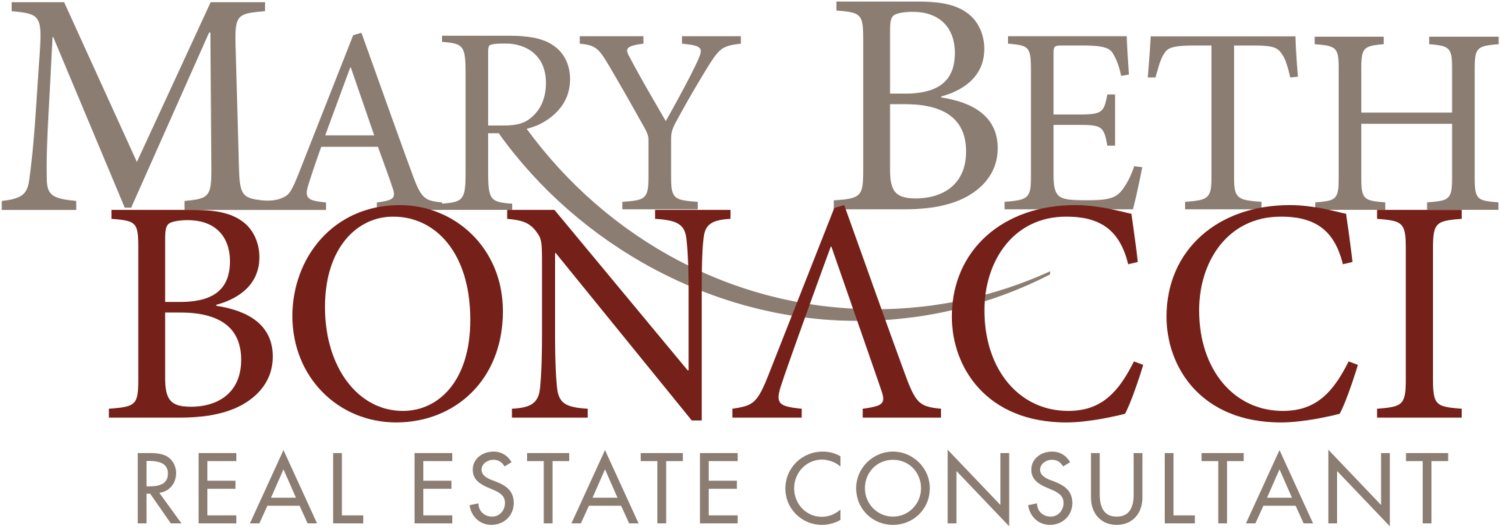I've been involved in three multiple bid situations in the past week and a half. Three.
A multiple bid situation is where more than one buyer is competing to purchase a property. It used to happen a lot back in the "hot" market of the 1990's, where multiple offers would frequently come in immediately after a home was listed.
And in this "slow" market, I've had it happen three times in the past week and a half. Twice I was representing the seller, and once the buyer.
Things aren't as slow as you may have been led to believe.
In two of those cases, the final contract price wound up being higher than the original asking price. In fact, in this most recent case, my buyer offered $6000 over asking (on a property priced just over 200K), and still lost out to another buyer who apparently went even higher.
So I thought it might be fun to look at how these situations come about, and what factors to consider when in the midst of one.
More often than not, multiple offer scenarios happen in the first day or two a property is one the market. This was the case in two out of the three I was involved in. (The other had been on the market for several months when two offers suddenly came in on the same day.)
The first thing that usually happens is that the listing agent contacts both buyers' agents, notifies them that they are in a multiple bid situations, and invites them to submit their "highest and best" offers within a defined time period. (Usually no more than 24 hours, sometimes a lot less.) The sellers then review all of those "highest and best" offers. Usually they accept one and reject the other(s). Sometimes, if neither offer is high enough, they will counter one (with a "binding counter") or more (with "non-binding counters.").
This can be really tricky for the buyers involved.
For the buyer who really wants the property, it's a bit of a guessing game to try to figure out how much the other buyer or buyers want the property. That's especially tough because these buyers are completely anonymous. One buyer generally knows absolutely nothing about the others. What was there original offer? How much will they offer now? WIll they go over asking price? How far?
Sometimes (but not often) a buyer won't even bother raising the original offer. That happens when a) the buyer was only throwing the offer out to see how low the sellers would go, and has no intention of paying full market value, or b) the buyer really wants the house, but is foolish and/or stubborn.
When I'm representing buyers in that situation, here's the advice I give to them. First of all, this is most likely your one chance. I can't believe how many times I've seen this when representing a seller in a multiple bid. A buyer's agent submits, as the buyers' "highest and best", a relatively low offer. When they learn they lost to the other party, they say "Oh, we would have gone higher" or "we would have dropped the request to pay closing costs." Then they always say "We were expecting to get a counter."
Highest and best means highest and best. Odds are good there isn't going to be an opportunity to counter.
I always encourage buyers to stop looking at the asking price of the house and start to look at the value. If neighborhood comps show that the property is priced low, then a buyer can easily pay over asking price and still be getting a very good deal. And, in a multiple bid situation that happens when a property is first placed on the market, that is frequently the case.
The question comes down to how badly the buyers want the house, and if the numbers back them up. Obviously, if a property were overpriced and they were bidding over asking for purely emotional reasons or just to "win", I'd be questioning their motivation. (But if it were overpriced there probably wouldn't be multiple offers on the same day.) But if it's the right home for them, it just appeared on the market, and it's priced right, I usually encourage them to bid over asking price. I've just been in this situation many times, and the final price is literally ALWAYS over asking. How much over asking they should offer depends on 1) how far below market the property is priced, 2) how high they could go and still be getting a good "deal", 3) how high their budget will allow them to go, and 4) how badly they want the house and how likely it is that they'll find another one they like as much.
Another trick with multiple bids -- the terms of the offer start to matter more. If two bids wind up offering the same price, the other factors start to come into play. How much money is each putting down? (More down payment means more financially stable, less likely to flake out before closing.) How soon is each one willing to close? Is either asking for the seller to pay closing costs. I'm a firm believer that buyers in a multiple bid situation should never ask for the seller to pay closing costs? Sellers don't like that -- at least my sellers never have. Even if the net price winds up being the same (ie buyer asking for closing costs is offering the same amount as an increase in purchase price), sellers will most likely choose the buyer who isn't asking for closing costs. One, the purchase price is higher to incorporate the closing costs, therefore the property has to appraise for the higher amount. Two, not being able or willing to pay one's own closing costs makes a buyer look less financially stable. Three, every seller I've ever worked with just plain resents it.
When deciding how much to bid in a multiple offer situation, I always ask buyers this: "Which regret would you rather live with -- not living in this particular house because you bid a few thousand dollars too low, or living in it and wondering if you could have bought it for a few thousand dollars less?"
There is no right or wrong answer. But it sure helps clarify a buyer's thinking.









